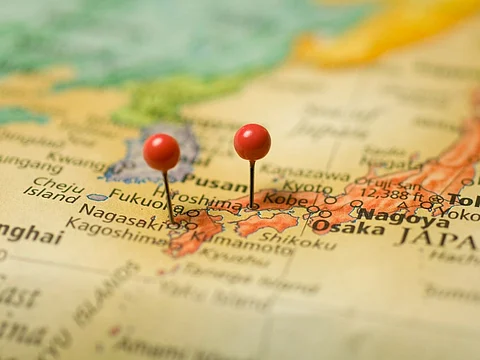

Hiroshima Day is observed every year on August 6. The day commemorates one of the most devastating moments in modern history. The United States dropped the world’s first atomic bomb on the Japanese city of Hiroshima on this day in 1945, during World War II. Just three days later, a second bomb was dropped on Nagasaki.
Together, these attacks killed over 200,000 people, most of them civilians, and left lasting effects for generations due to radiation exposure. Hiroshima Day honours the victims of the bombing and serves as a global reminder of the horrors of nuclear warfare.
History behind the day
At the time, the US justified the use of nuclear weapons as a way to bring an end to World War II. Japan surrendered on August 15, 1945, days after the bombings, officially ending the war. But the debate over the necessity and morality of using atomic weapons continues to this day.
Hiroshima was chosen because of its military importance, but the bomb, nicknamed “Little Boy”, destroyed the entire city, bringing buildings to the ground and killing tens of thousands instantly. Survivors, known as hibakusha, faced years of suffering from burns, cancers, and psychological trauma.
The year 2025 marks 80 years since the attack, making it a significant milestone. Events will be held in Japan and across the world to remember the victims, promote peace, and call for a nuclear-free future. In Hiroshima, thousands will gather at Peace Memorial Park, where the names of the victims are read, and paper cranes — a symbol of peace — are offered in tribute.
How is this day observed?
In Hiroshima and around the world, memorial services, peace marches, and candlelight vigils are organised to honour the victims. At Hiroshima Peace Memorial Park, thousands gather at 8.15 am — the exact time of the explosion — for a moment of silence, the release of doves, and the Peace Declaration by the city’s mayor.
This year, the ceremony on the 80th anniversary drew representatives from over 120 countries, including survivors, whose average age now exceeds 86.
Why it still matters
Even after eight decades, Hiroshima Day remains a powerful reminder of what unchecked technological warfare can do. The devastation unleashed in mere seconds continues to echo through the generations not just in Japan, but in the global conscience. With growing nuclear tensions and renewed arms races in various parts of the world today, remembering Hiroshima is more relevant than ever. It pushes the global community to reflect on the human cost of war, learn from the past, and work toward a future built on understanding, cooperation, and lasting peace.
